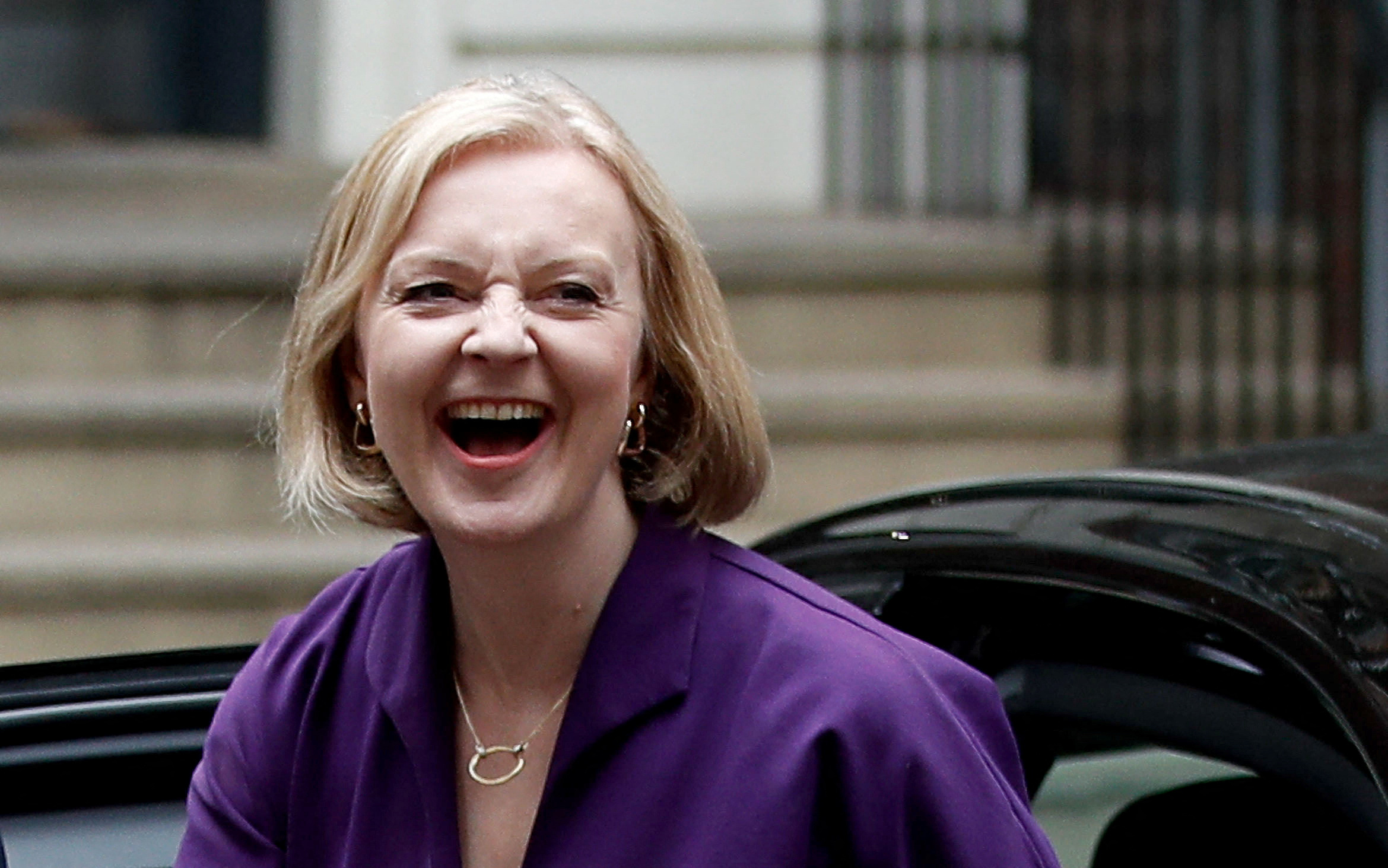So You’ve Been Bailed Out. But What Exactly Is Trussonomics?
Markets… but make them free.
by Richard Murphy
29 September 2022

Trussonomics is based on a simple logic: financial markets are the mechanism best able to allocate the economic resources of the UK in a way that meets the needs of the people of this country. That has always been the mantra of the free market thinktanks, like the Institute of Economic Affairs, which Liz Truss and Kwasi Kwarteng have associated themselves with for more than a decade. However, now they are in office, what our prime minister and chancellor have evidenced is that they have no idea how the UK’s financial markets work. As a result, they have crashed those markets in a way no previous ministerial team has ever managed.
This is an extraordinary situation. What we now know is that a team who should have known precisely what the markets wanted from them in order to be persuaded of the merits of their radical plans, had no idea what to do. Kwarteng confidently told parliament that he was going to run the biggest deficit in UK political history, easily exceeding £200bn in all, but then neglected to explain how this sum would be funded, what the impact on interest rates would be, and how the overall package would change government finances.
Unsurprisingly, sophisticated financial markets were not impressed. It wasn’t what Kwarteng said that worried them. It was what was not said that concerned them. Before the weekend was out markets realised that interest rates were going to have to increase by much more than the 2.25% the Bank of England had announced the previous Thursday. What they also appreciated was that the price of UK government bonds – which are the fixed-term savings accounts issued by the government to financial institutions that want to save funds with it – would fall heavily as a result. Investors reacted by selling those bonds and by getting out of sterling as overseas sellers tried to quit the country altogether.
By Monday the sell-off became a rout. The interest rate on UK government bonds increased by almost 1% in just two days, which had never happened before. That forced bond prices down rapidly, and the exchange rate fell with it. As a result on Tuesday afternoon, the Bank of England suggested interest rates would increase significantly to support the pound. What they clearly did not anticipate was that mortgage offers from major financial institutions would then be withdrawn as a consequence, signalling that households were going to face significantly increased mortgage costs as a result.
The bank also failed to anticipate the impact on pension funds, who are major owners of government bonds because they are (usually) considered the safest assets in which pension funds can save, in order to guarantee that they’re able to make the payments owing to the pensioners who depend upon them. On Wednesday, a £65bn billion bailout to keep pension funds solvent had to be arranged.
So, what is Trussonomics? It would seem that it is a simple belief in markets that fails to recognise the complexity of the modern markets that actually keep business and finance operating within the UK. It is hard to put it in any other way.
Simultaneously it is a belief that if only the government stops governing by removing regulation, then growth will happen – even though there is no evidence that this is the case, and the move contravenes many international commitments on issues such as climate change that the UK has made.
Finally, Trussonomics is based on the belief that cutting tax rates for the wealthy will result in increased taxes being paid overall, and not just by the rich. There is also no evidence for this claim, or for the notion of trickle-down economics implicit within it, as many academic studies have shown.
In that case, what it actually means is that the Bank of England is left to clear up the mess that the government makes. But, unless the Bank is now given the power to fund the deficit Kwarteng plans with quantitative easing (or ‘government money creation’, by any other name) then the only tool the Bank of England has available to it to stabilise financial markets, in the sense that it keeps the exchange rate up and stops people selling government bonds, is to raise interest rates.
If the Bank does that we know that mortgage rates will rise. Based on current market expectations those rates could increase from around 2% last year to more than 7% next year. The extra cost will be significant. On an average mortgage, it could exceed £500 a month. Very few households have that sort of spare cash available to them, most especially when wages are not rising significantly and other prices, including energy (despite the ‘cap’), food, fuel, telecoms and more are all increasing very rapidly.
The result is that Trussonomics might have created a contained financial market crisis for now, but the spillover will be into UK household finances very soon. Two million households could see their mortgage costs rise rapidly next year, as will those renting their homes. A domestic financial crisis is virtually unavoidable if interest rates rise to the levels predicted with maybe millions losing their homes. This is the reality of Trussonomics.
So what is Trussonomics? It is a dogma that has been given priority over reality – and millions will suffer the consequences of the ignorance that underpins its thinking.
What can be done about it? Only its elimination from government policy could work. Nothing else will do.
Richard Murphy is an accounting practice professor and economic justice campaigner.


